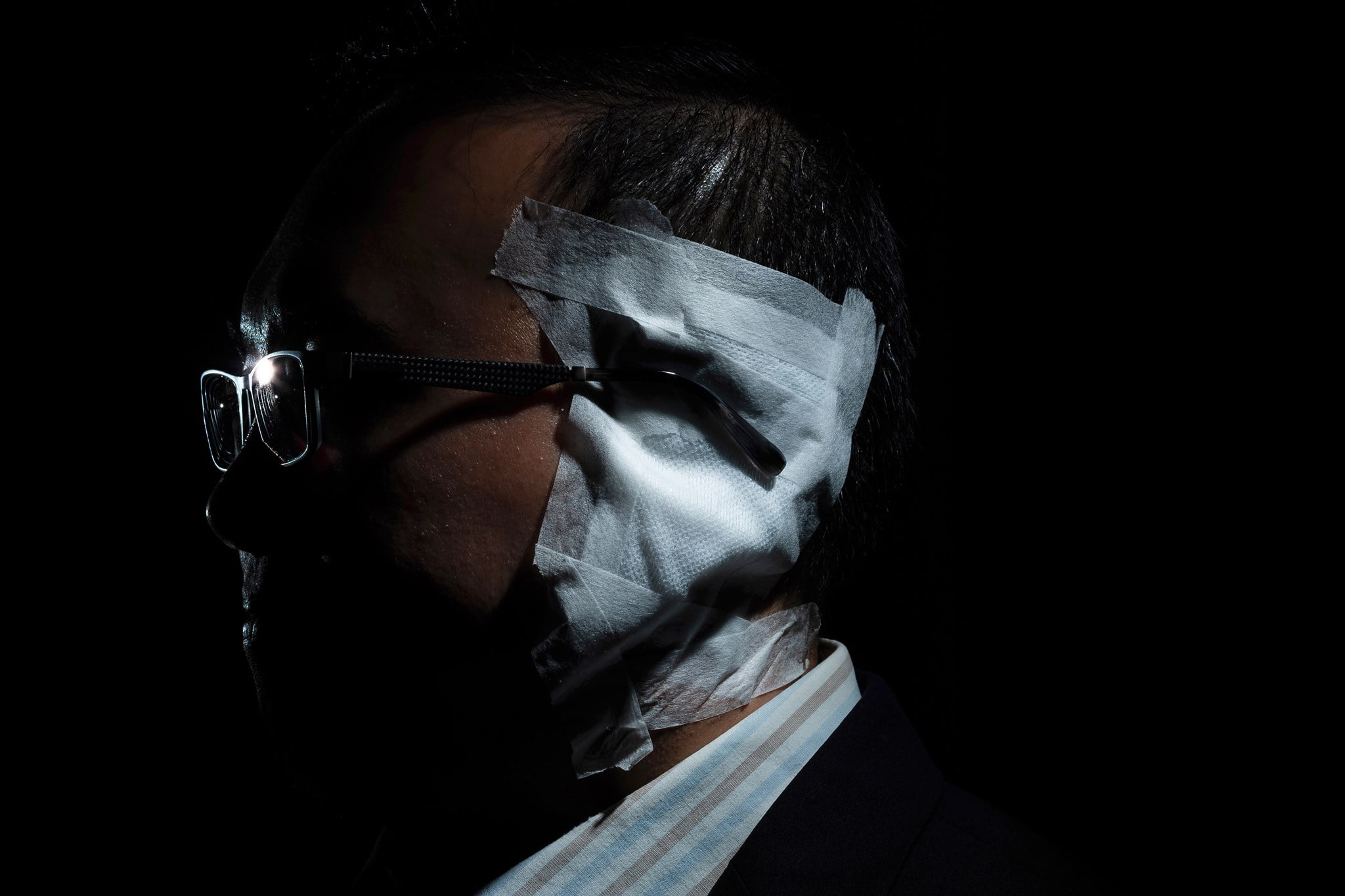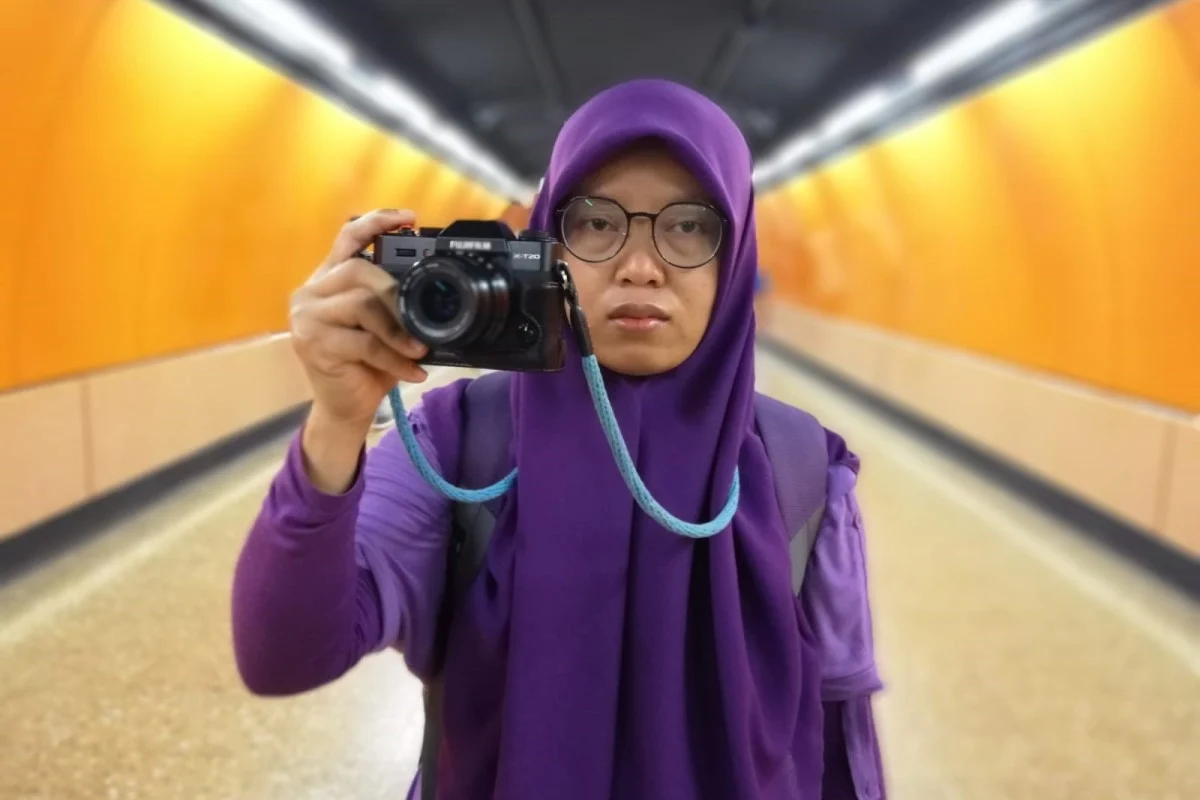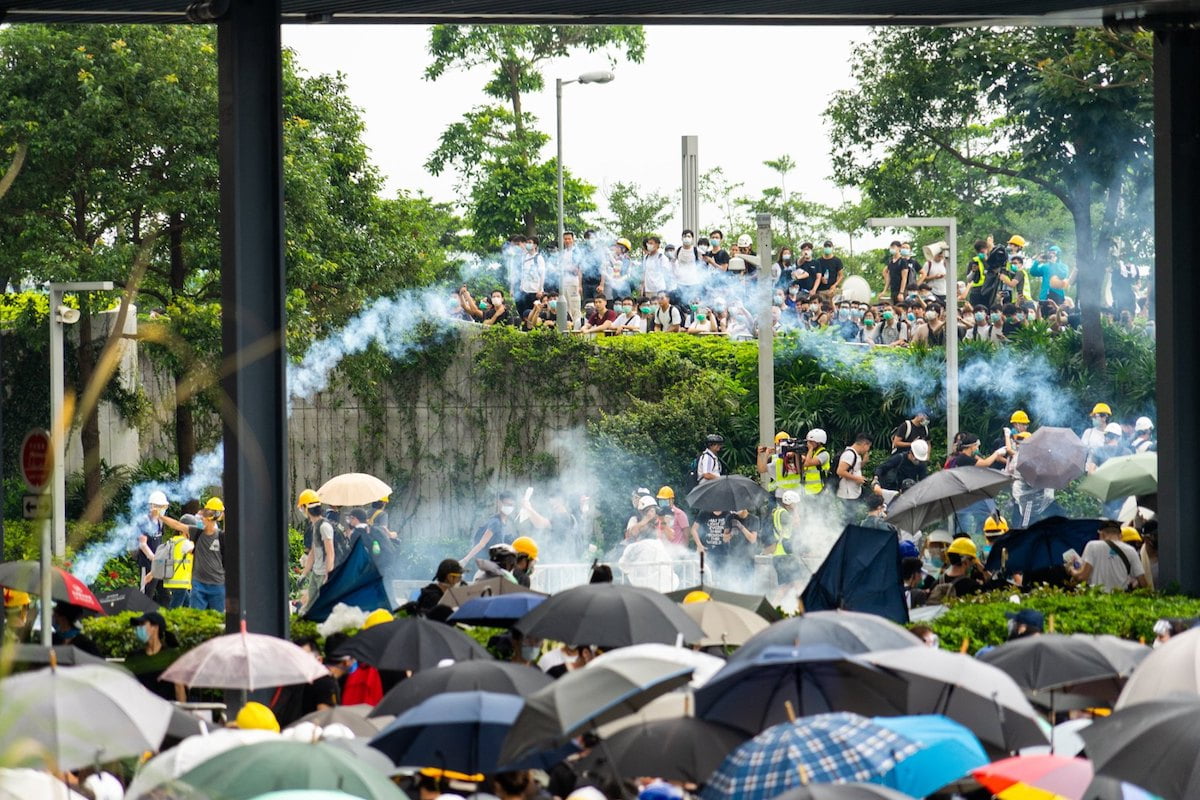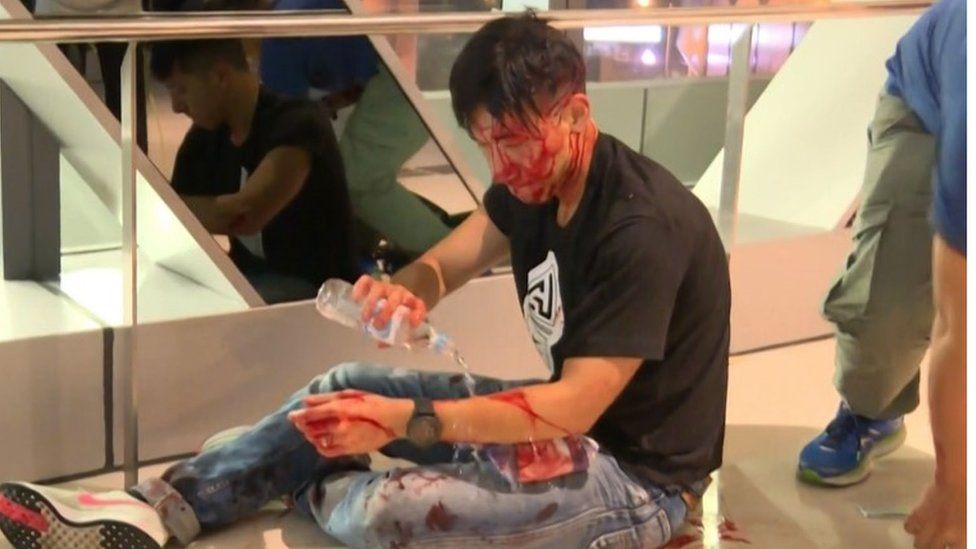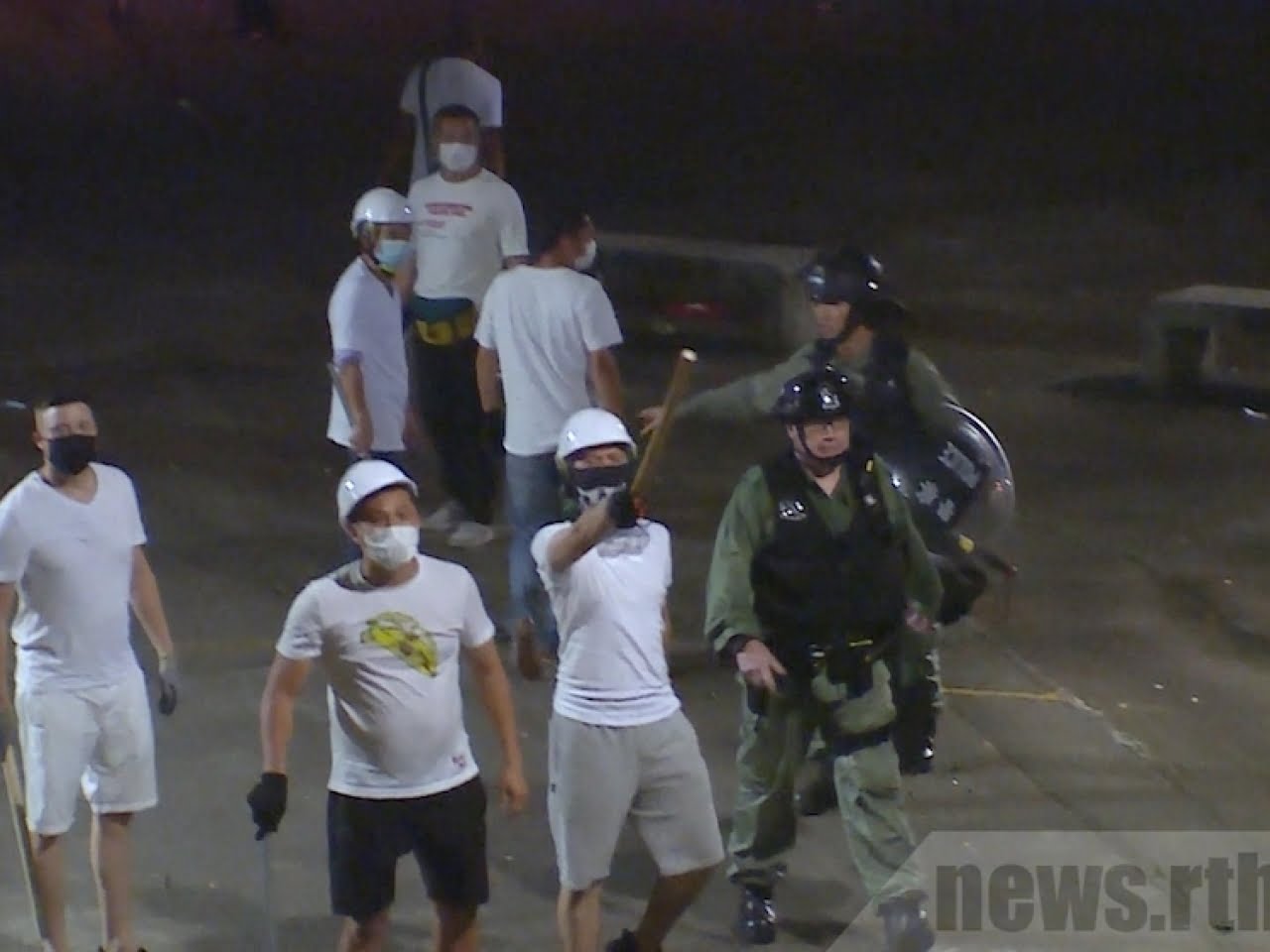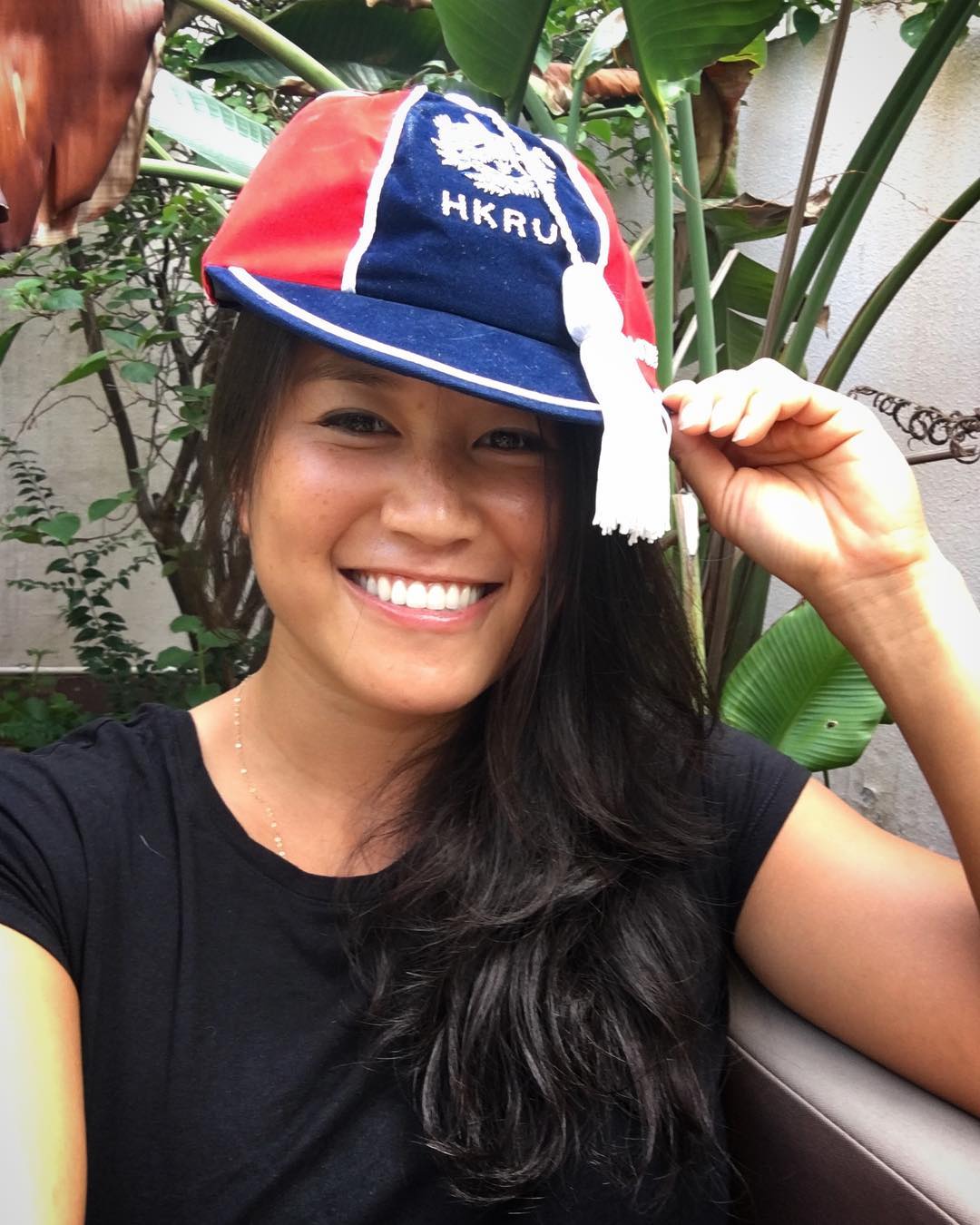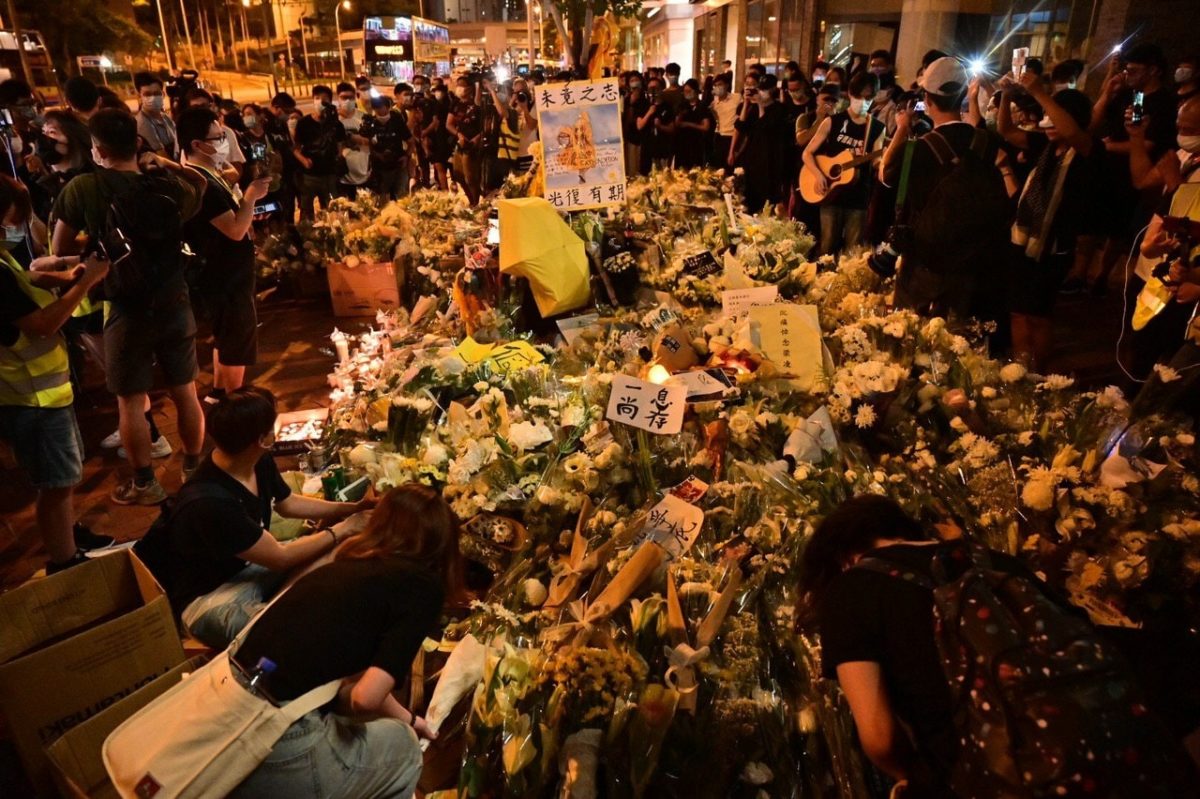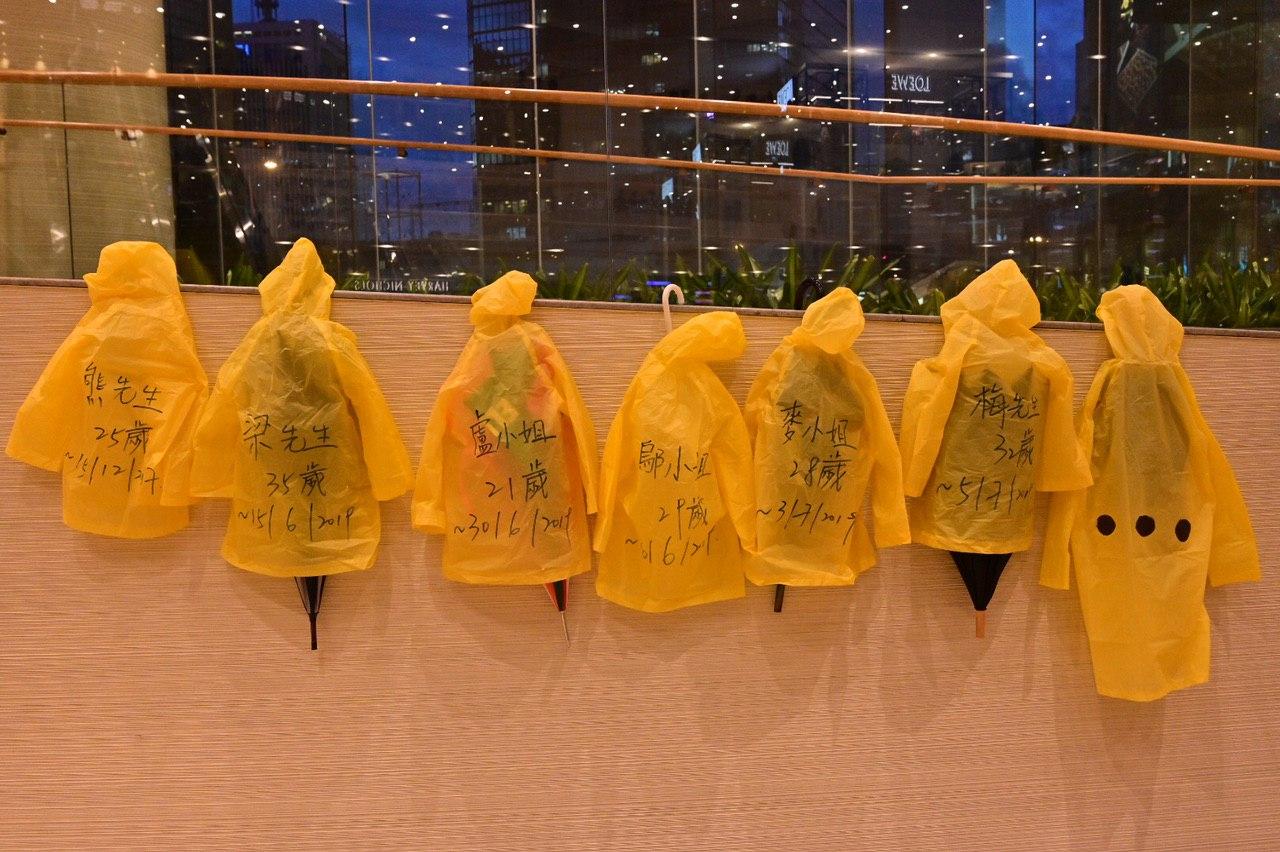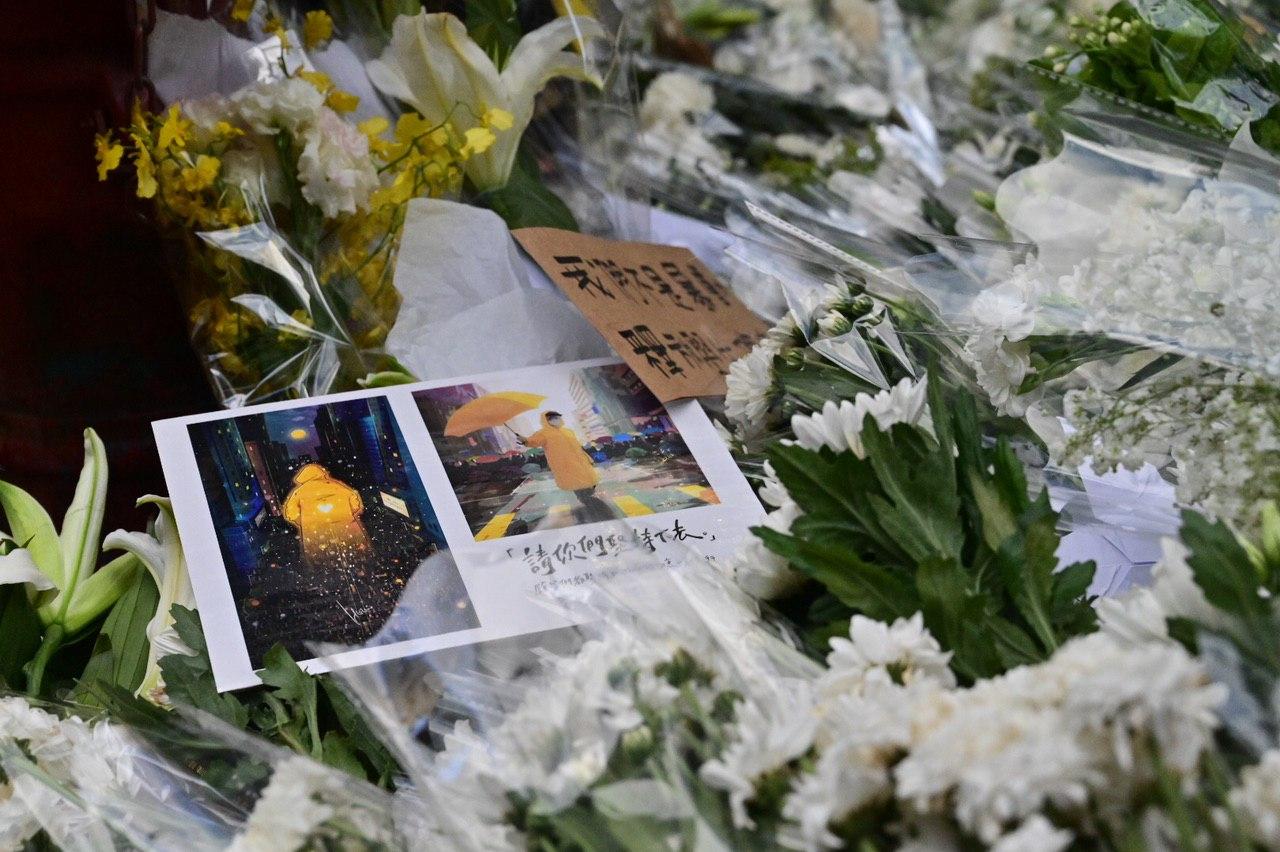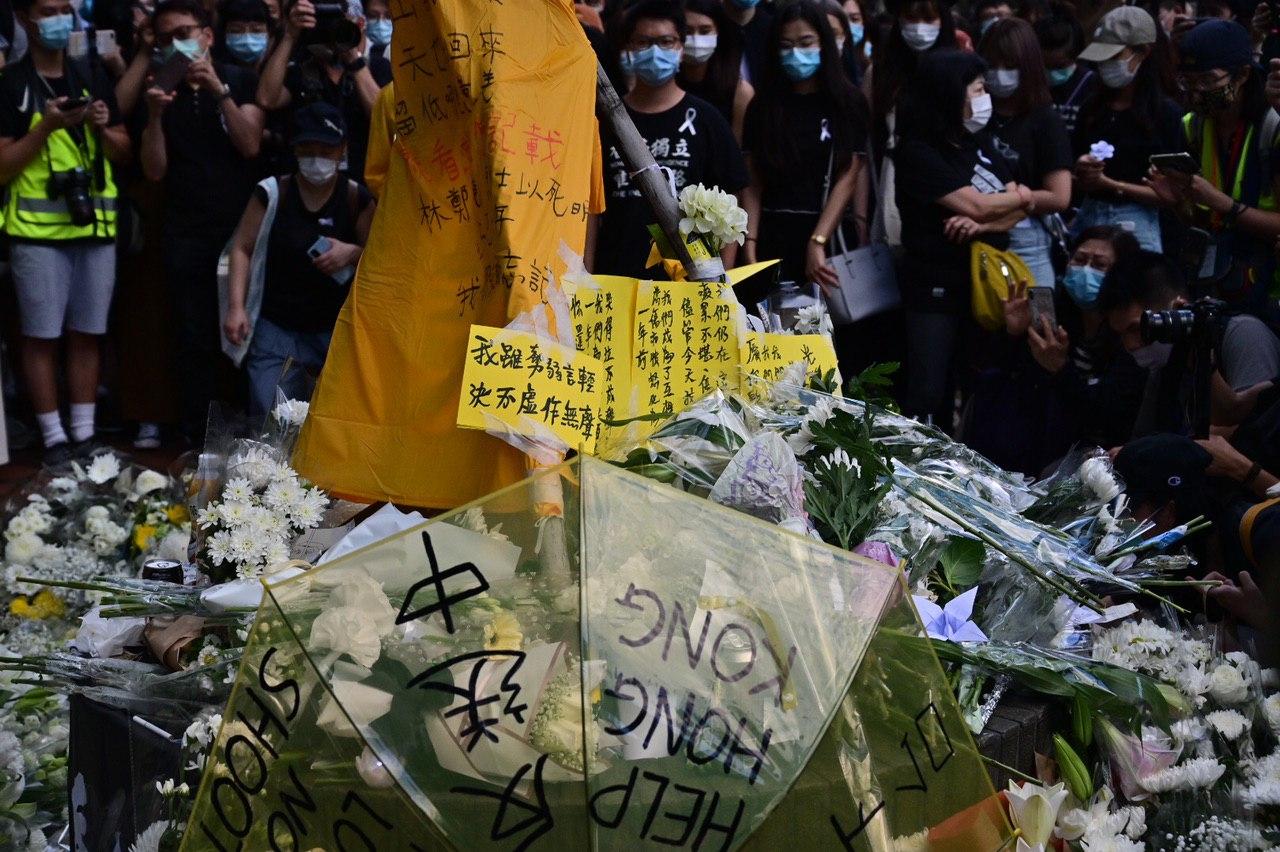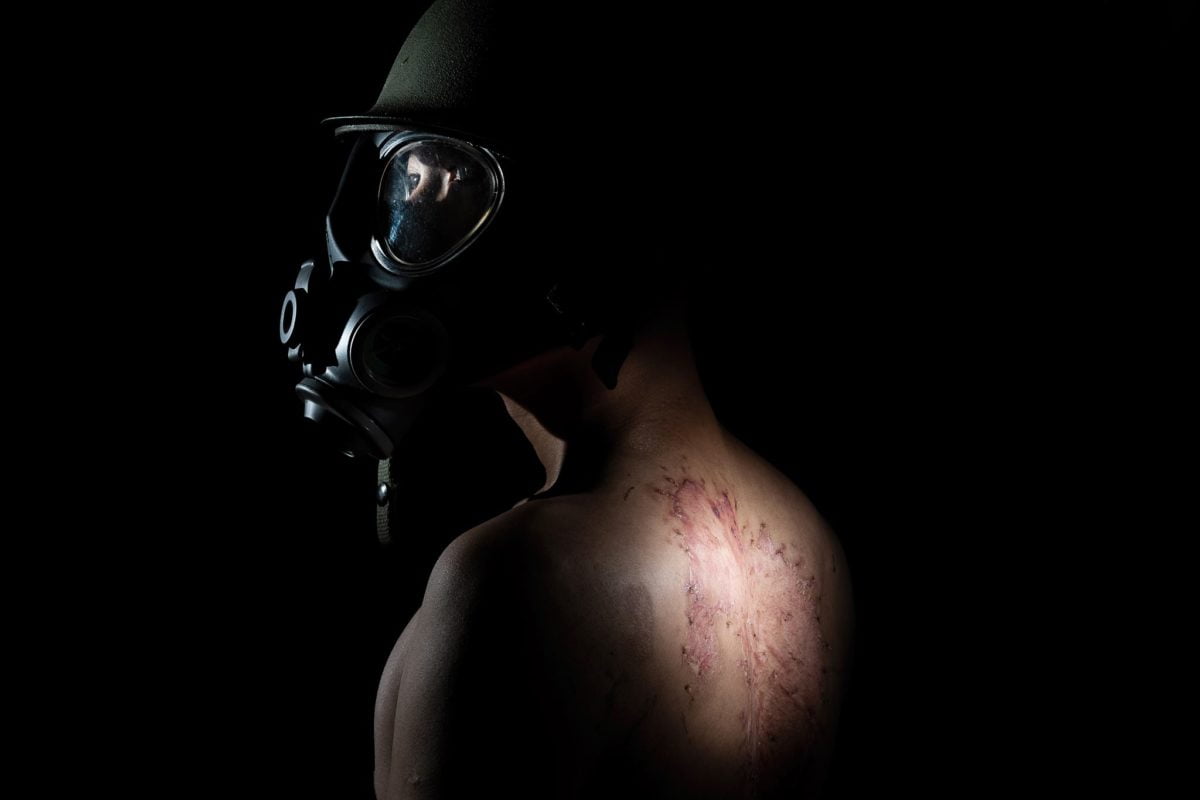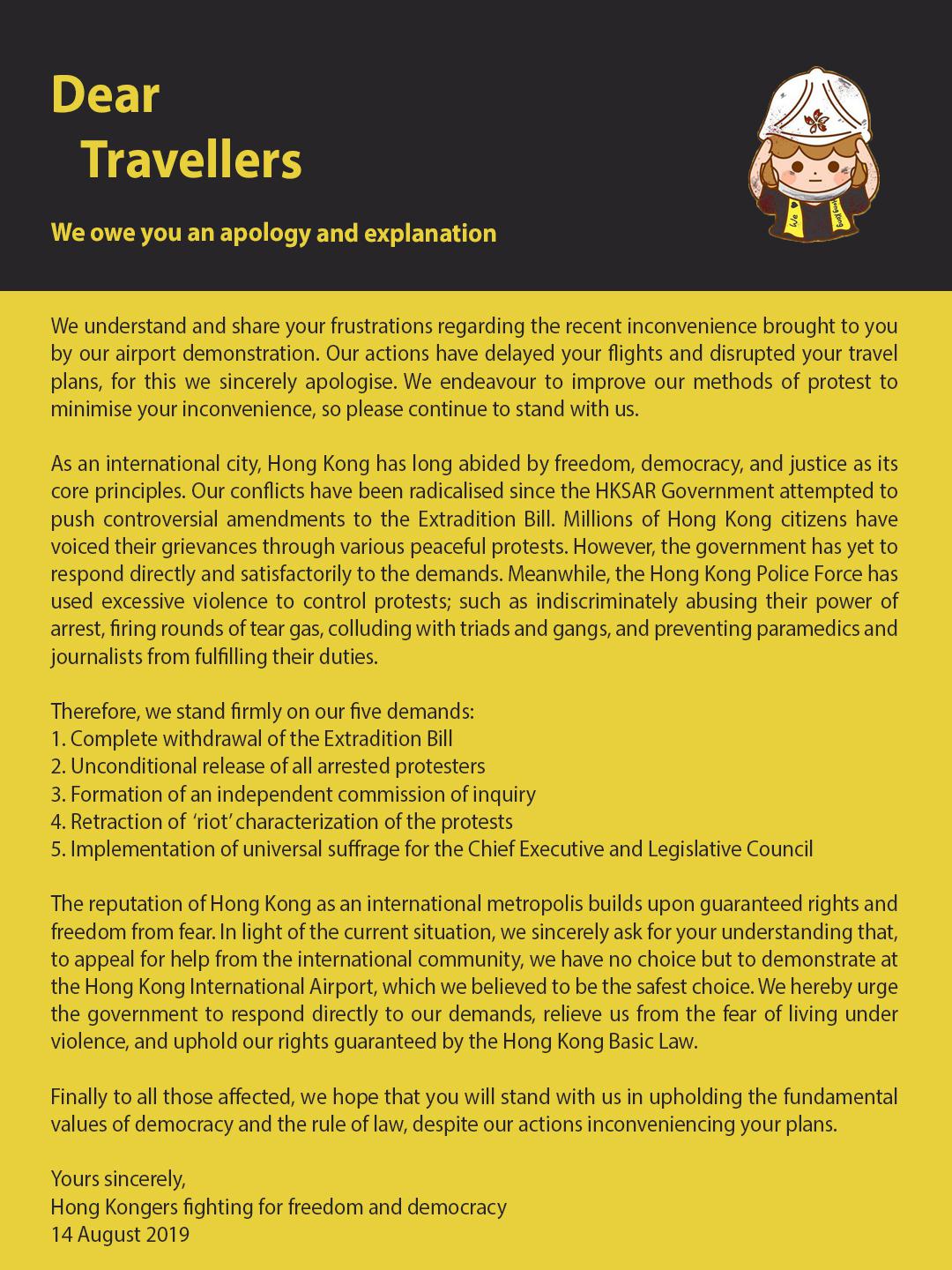On February 12th, 2020 Sony World Photography Awards announced that Ko Chung Ming work Wounds of Hong Kong was a finalist in the Documentary photography category.
On the 4th of February Ko’s works were removed from the World Photography Organization’s website.
In the same category, David Butow’s Battleground Hong Kong and, in the Portraiture category, Adam Ferguson’s Hong Kong Protesters also disappeared.
As to the reason why these works were taken down, the WPO’s initial response was “A concern was raised about the sensitive nature of some of the images in the series which we must take into consideration. We have temporarily taken down the images as part of a standard process which we have put in place for these type of cases until we are able to review everything in further detail.” But “the list of finalists have not been changed” etc. etc. The competition results will officially be announced on April 17th.
Ko commented “The concept of Wounds of Hong Kong is very simple – it is to document police brutality and inform more people of the sufferings of the Hong Kong people in the last half year. Since the WPO is temporarily unable to publish these works related to the Hong Kong protests, I share them here, allowing all to enjoy the works and let them to be spread widely.”
“If there are any further developments, I will update here.” added photographer Ko Chung Ming
The Photographs: Wounds of Hong Kong
“The protests in Hong Kong show no signs of abating after months of violent fighting. What began as an objection to the extradition bill has evolved into a comprehensive protest regarding the future of the city. There have been numerous examples of police brutality: protestors have been beaten with batons (resulting in bone fractures), subjected to sexual harassment, and even shot with bullets. Some have since developed post-traumatic stress disorder (PTSD) as a result of their experiences. This level of brutality does not only affect protesters, but also every ordinary Hong Kong citizen. Although the abuse of power by police has been recorded on video, up until now no officer has been investigated or punished. “The struggle of man against power is the struggle of memory against forgetting”, suggested author Milan Kundera. Scars and bruises may fade, but we must remember what caused them. Here are the wounds of the casualties.” – Ko Chung Ming
Raymond Yeung, a school teacher, was hit in his right eye by a police projectile while participating in a lawful rally in Tamar, Hong Kong, on 12 June 2019. Despite receiving medical treatment, less than 30% of his vision remains.
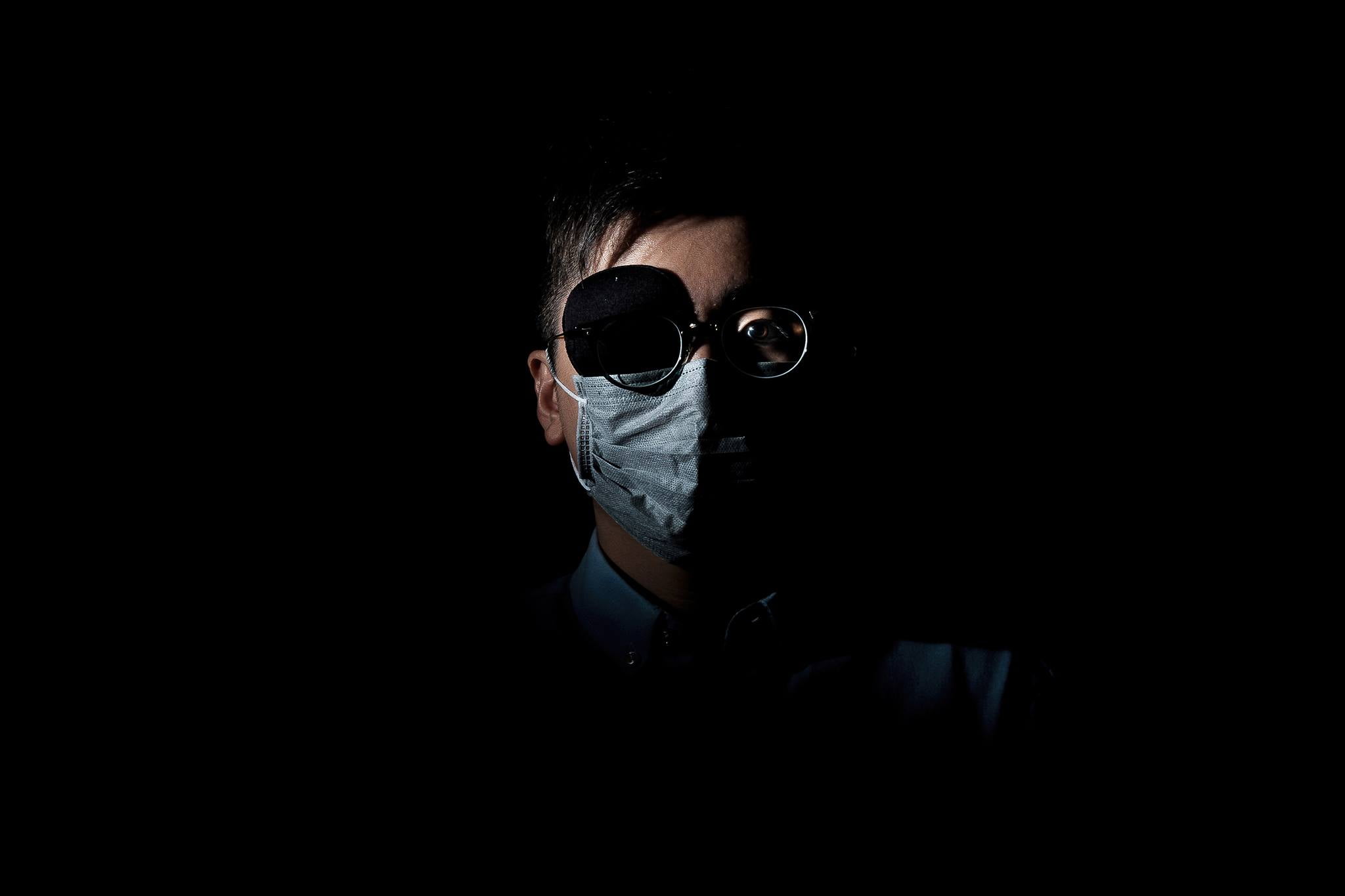
Sonia Ng, a student at The Chinese University of Hong Kong (CUHK), accused police of sexual violence when she was arrested and detained at Kwai Chung police station, Hong Kong, on 31 August 2019. She removed her mask in front of the university’s vice-chancellor at a public forum on the campus.
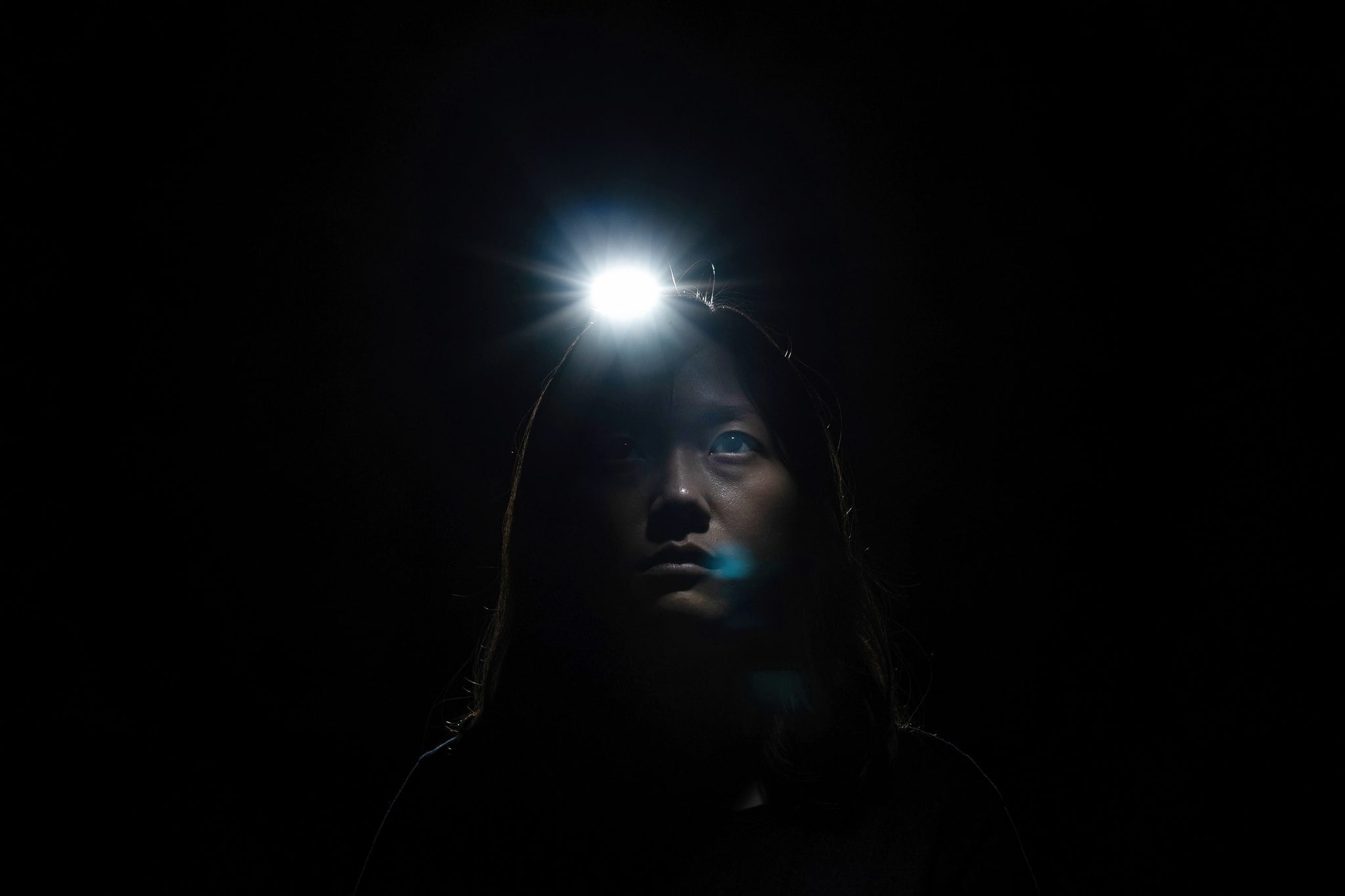
First-aider Ah Yan (alias, top photo), was hit by a tear gas canister while on duty in Causeway Bay, Hong Kong, on 2 November 2019. The attack resulted in third-degree burns. His fingers were also burnt when he tried to remove the canister, which landed between his back and backpack. Following a four-hour skin graft, he now has to dress the wound every day, causing him enormous pain. Ah Yan has been abandoned by his pro-government family after the injury, and is now living in a school dormitory.
Andrew Chiu, a district councilor, had his left ear bitten off by a man outside Cityplaza mall in Taikoo, Hong Kong, on 3 November 2019. The attacker had slashed several other people with a knife, and Chiu was trying to stop him. Just before the incident, riot police had stormed the mall to disperse the sit-in protests. The reconstruction of Chiu’s ear failed due to necrosis.
